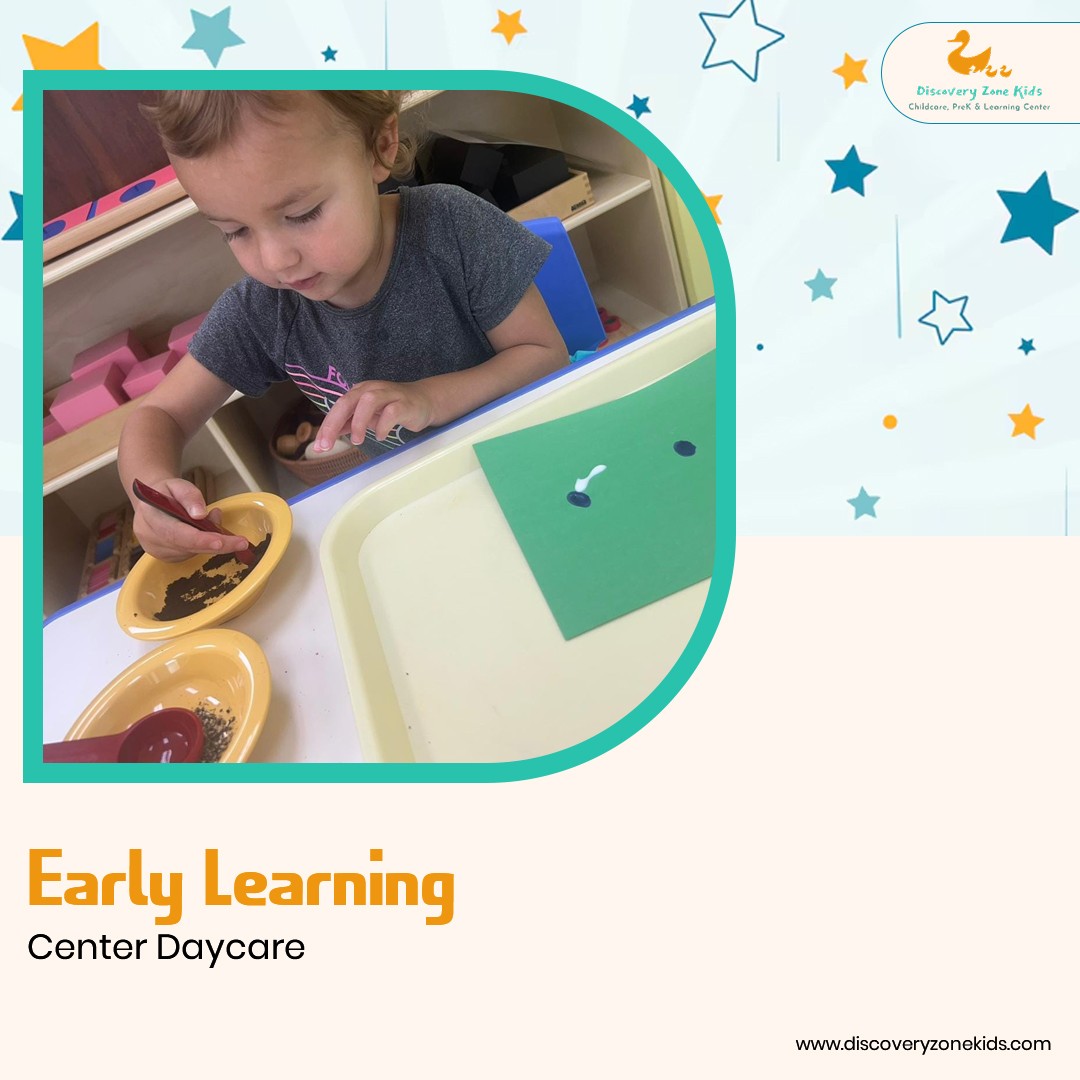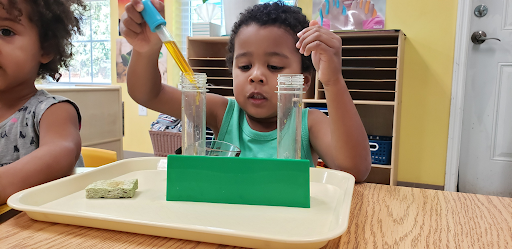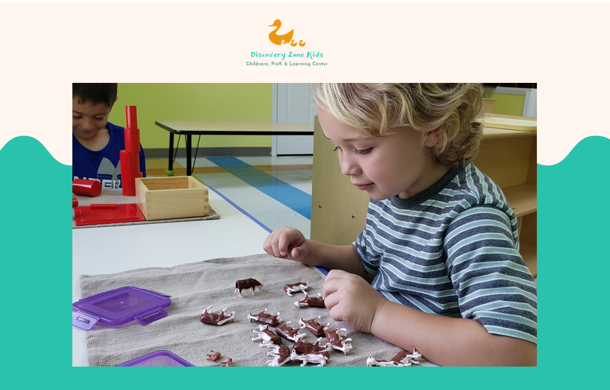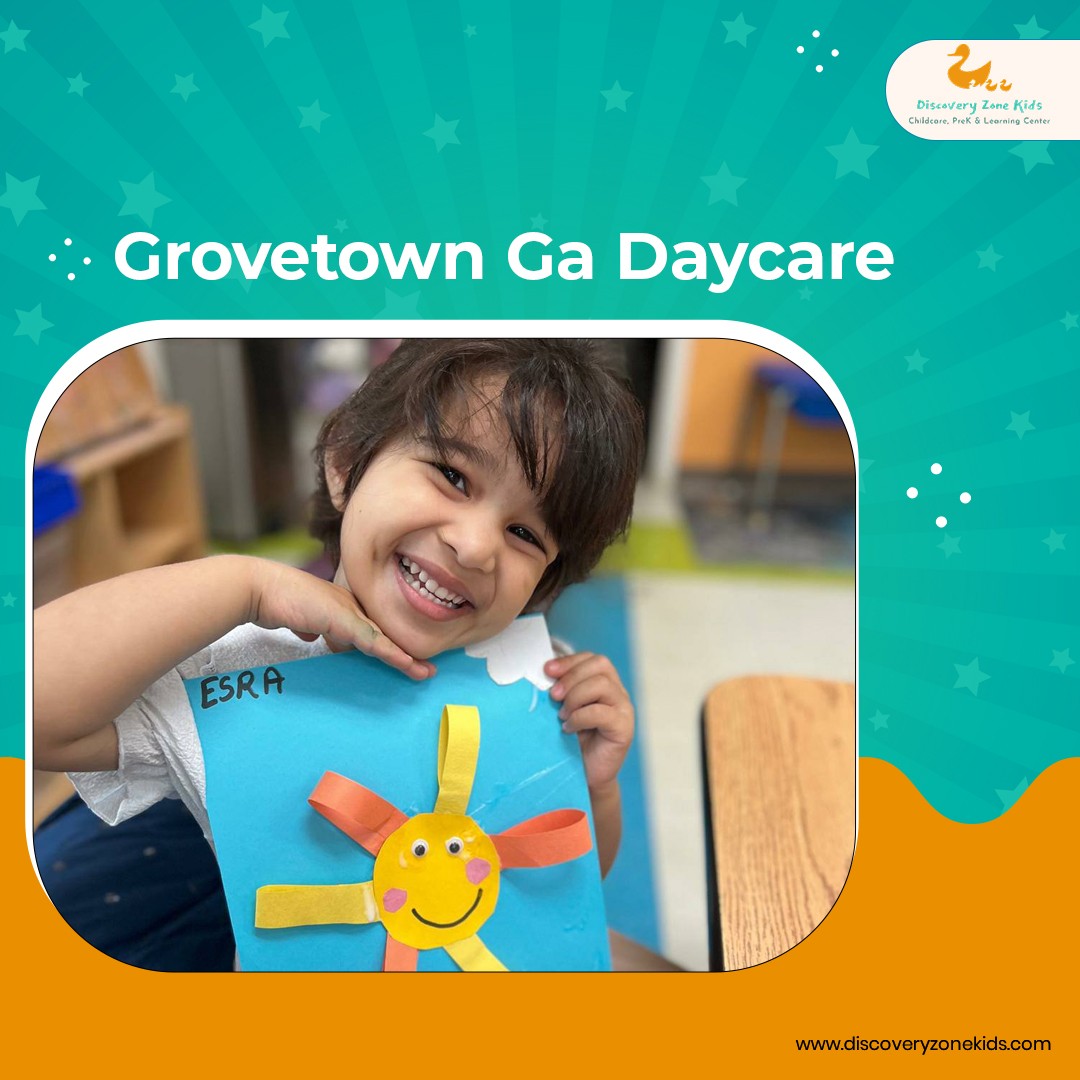
Here’s a case scenario:Three-year-old Ava stood frozen at the daycare door, her backpack slipping off her tiny shoulders. Her dad, a uniformed officer, had just kissed her goodbye—again. But this time, she sensed something different. Tears welled up. Her teacher at military family daycare Fort Eisenhower gently knelt down, ready with the right words and tools to ease Ava’s growing fears.
So, how do you talk to toddlers about deployment without making them afraid? You’re not alone if you’ve asked this. Whether you’re a parent, caregiver, or educator, the goal is to speak with honesty, warmth, and calm clarity.
Why Deployment Conversations Feel So Big for Little Ones
For children under five, especially in a military family daycare Fort Eisenhower setting, the idea of “leaving for a long time” can feel confusing or even frightening. Toddlers and preschoolers thrive on routines and the presence of familiar faces. When a parent or guardian is preparing for deployment, their world shifts.
Here’s the truth: it’s not about shielding them from reality—it’s about helping them feel safe inside it.
In fact, a study by the National Center for Children in Poverty found that nearly one-third of young children in military families show signs of emotional stress during a parent’s deployment.
But that doesn’t mean your child will struggle. It simply means they need support that’s built for their developmental stage.
Speak Their Language: Age-Appropriate Tips That Work
You don’t need fancy words. You just need the right ones. Here’s how to start:
1. Keep it simple and clear Children under five process information best in small chunks. Try this:
● “Daddy has a big job, and he’ll be away for a while.”
● “Mommy will come back after some sleeps.”
Avoid vague words like “maybe” or “gone.” These can confuse young minds.
2. Use pictures and storybooks Books like “My Daddy Is a Soldier” or “Night Catch” are fantastic tools. You can also draw together, use calendars, or create a visual countdown with stickers.
Want to know a secret? Kids often understand better through stories than through explanations.
Validate, Don’t Dismiss: Helping Kids Cope with Separation Children can’t always say what they feel—but they can show it. Crying, clinging, or even acting out is their way of processing big emotions.
Here’s how to support them:
● Acknowledge feelings: “You’re sad because Dad is leaving. That’s okay.”
● Name emotions: Label what they’re feeling—it helps them manage it.
● Offer choices: Let them pick a goodbye routine—maybe a special hug or a photo in their backpack.
What if your child stops talking about the deployed parent altogether? (That might not mean what you think…)
Lean into Routines and Predictability Children feel safer when their days follow a familiar rhythm. This is where early learning center daycare environments shine. At Discovery Zone Kids, routines are built into every activity—from storytime to naptime—so children feel secure and connected, even during times of change.
The role of routine:
● Helps reduce anxiety
● Gives children a sense of control
● Keeps transitions smoother, especially at drop-off and pick-up
Pro tip: Use visuals to reinforce daily structure—especially when your child is in a new emotional space. Remember, Discovery Zone Kids operates from 6AM to 6PM, giving working parents flexibility and peace of mind.
When Questions Come, Answer With Heart Kids are curious by nature. Expect questions like:
● “Why does Mom have to go?”
● “Will Dad miss my birthday?”
● “Is she coming back?”
Answer calmly. Use phrases like:
● “She’ll be thinking of you every day.”
● “We can make a video for Dad together.”
How do you explain deployment when siblings have different reactions? We’ll cover this in a future post.
Use Connection Tools That Last Maintaining a bond during deployment is essential. Try these:
● Recordable storybooks from the parent
● A special “hug button” sewn into a backpack
● Drawing pictures for the deployed parent each week
● Video messages as part of their daycare routine
At Discovery Zone Kids, teachers often include these moments during circle time or creative activities to keep children feeling emotionally connected.
What if your child develops fears at night after deployment begins? Don’t worry, we’ve got a soothing sleep strategy coming up.
Keep Curiosity and Comfort Alive You want your child to keep learning, exploring, and feeling emotionally safe—even when life changes. That’s why a nurturing, play-based setting like early learning center daycare can make a world of difference.
And that’s exactly what Discovery Zone Kids offers—a place where military families, working parents, and local professionals can rely on care that grows with their child. From helping kids build trust, to guiding them through transitions, Discovery Zone Kids caters to all your needs.
So when you prepare your little one for deployment, remember: You’re not taking away their peace. You’re giving them the tools to understand, feel, and grow.
Because with the right words, and the right support—your child won’t just cope. They’ll thrive.
Would you like to explore how Discovery Zone Kids supports your child’s emotional development during challenging transitions? Let’s talk.
Get In Touch
Discovery Zone Kids
Phone: 706-496-2489
Email: discoveryzonekids@gmail.com
Website: www.discoveryzonekids.com
Google Business Profile: https://share.google/Ix2zvHp0Tn04S9fPB








